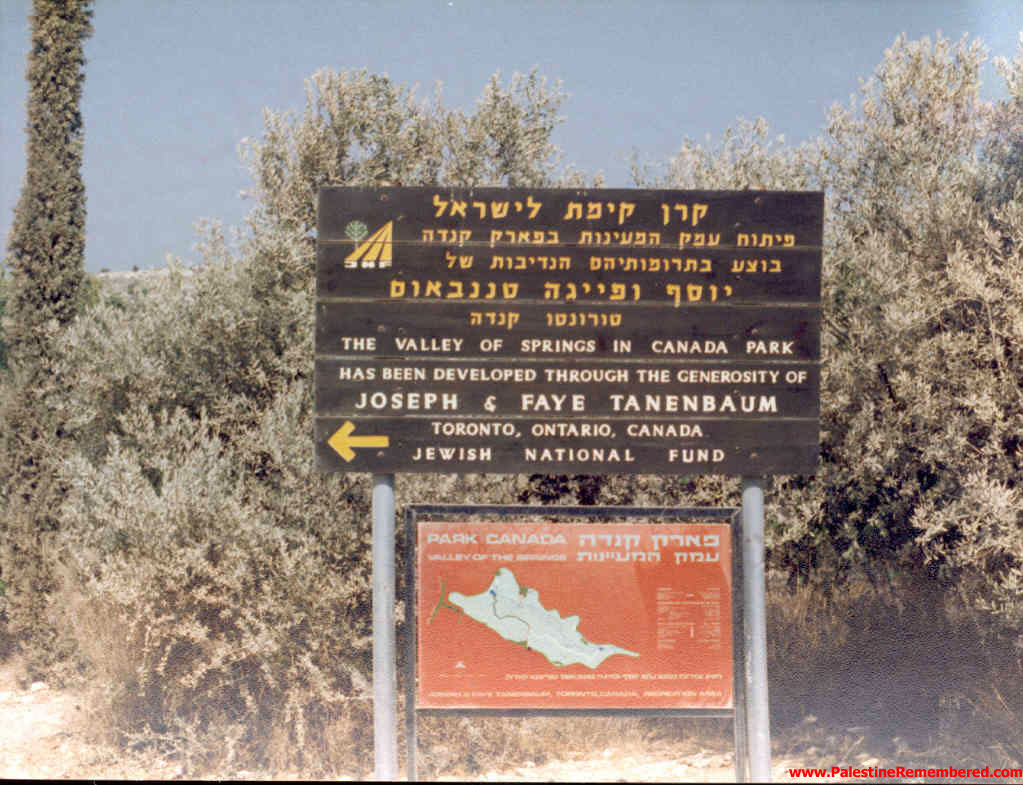Tag: Ramallah
-
Mourners gather in Palestine and Italy for Vittorio’s funeral
25 April 2011 | International Solidarity Movement Yesterday evening mourners gathered in Ramallah and Gaza in memorial events for ISM activist Vittorio Arrigoni. The events were planned to coincide with Vittorio’s funeral in Bulciago, Italy, which was attended by hundreds of people. In Ramallah, crowds gathered outside the municipality to hear speeches made by friends,…
-
Palestinian refugees supporters protest Canada Park
21 February 2011 | The Alternative Information Center Palestinian, Israeli and international activists gathered in front of the Representative Office of Canada to the Palestinian Authority in Ramallah and the Embassy of Canada to Israel in Tel Aviv for protest vigils on Monday (21/2) organized by the Committee for the Defense of the Rights of the…
-
Palestinian boy shot dead east of Ramallah
Popular Struggle Coordination Committee 15 May 2010 Aysar Yasser alZaben, 16 years old, was shot in his back yesterday evening in his family’s lands in Mazra’a alSharqia, east of Ramallah, apparently by a settler. Aysar alZaben’s body was found in his plot by family members only hours after he was shot. He was found lying…

